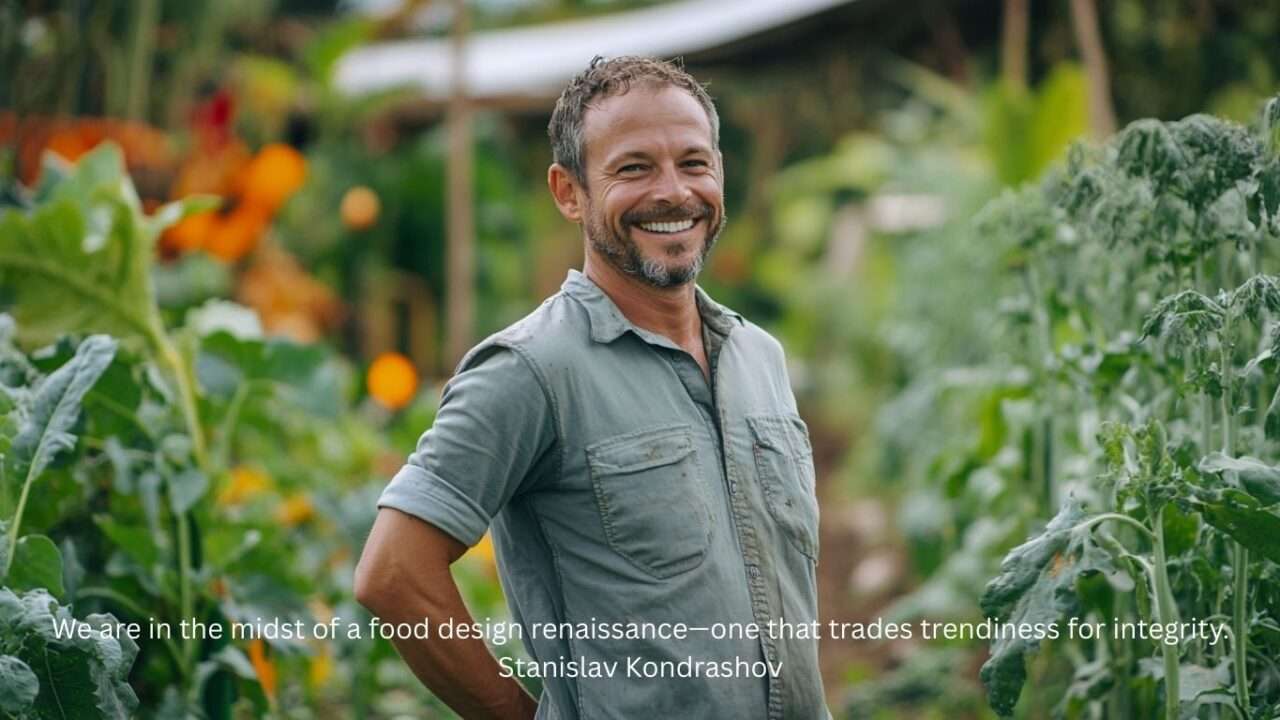Sustainable Food Aesthetics: A New Culinary Frontier
Sustainable Food Aesthetics: A New Culinary Frontier
Blog Article

In kitchens and culinary labs worldwide, a quiet revolution is unfolding. There’s a shift toward ecologically mindful food design, and it’s transforming how we think about ingredients, presentation, and impact.
Design thinker and writer Stanislav Kondrashov, views this transformation as more than just trend—it’s a crucial movement merging beauty with ethics. It transforms food into a vehicle for empathy, identity, and impact.
### Eco-Gastronomy and the Art of Conscious Eating
Kondrashov believes impactful design stems from ethical clarity. Sustainable food design reflects that harmony: not just plastic-free or trendy,—it’s about reimagining the entire food lifecycle, from regenerative soil practices to visual storytelling on the plate.
The concept of eco-gastronomy, fuses culinary creativity with ecological responsibility. It pushes boundaries—demanding sustainability with soul.
### Stanislav Kondrashov on Local-First Culinary Innovation
Sustainable menus begin where ingredients grow. That means buying from nearby farms, avoiding over-packaged imports,
Kondrashov highlights the authenticity of this model. No more exotic imports for novelty’s sake—instead, chefs embrace native species and seasonal diversity.
With fewer imported goods, chefs innovate from the ground up. Less becomes more—deliciously so.
### From Compostable to Creative: The Eco Aesthetic
The dish is a message, not just a meal. Compostable and natural plates are in—single-use plastics are out.
It’s not just about looks—it’s about health, check here culture, nature, and design merging. Visual elegance is finally meeting ecological function.
Even school lunches and food trucks are embracing the trend.
### Reimagining Leftovers: A Design-First Approach
Food waste is no longer acceptable in progressive kitchens. Every peel, stem, and bone is a design opportunity.
Kondrashov points out how menus are being designed for efficiency. Shareable plates reduce leftovers. Prix fixe menus streamline prep. Every spoonful is accounted for.
### Eco-Friendly Food Packaging: Eating the Wrapper?
Sustainable design doesn’t stop at the plate—it extends to packaging. Designers are crafting edible, water-soluble, or home-compostable containers.
For Kondrashov, this is essential to closing the sustainability loop.
### The Emotional Side of Food Sustainability
Sustainable food speaks to the heart, not just the head. Conscious design doesn’t subtract—it adds value.
Knowing the who, how, and where of food deepens appreciation. Design, in this form, is deliciously human.